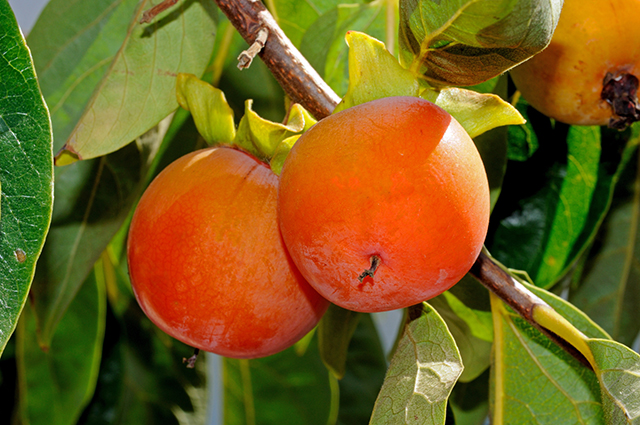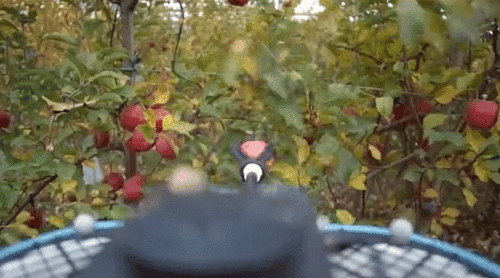
An Israeli corporation known as Tevel Aerobotics Technologies has developed a new flying autonomous robot (FAR) that it claims is able to harvest fruit day and night from orchards without the need for humans.
Advancing the agenda to eliminate most people and replace them with artificial intelligence (AI) robots, Tevel says its AI-embedded harvesting drones have the capacity to identify which fruit is ripe and ready to pick, and which still needs to grow a little longer.
"The FAR robot can work 24 hours a day and picks only ripe fruit," one report explains. "It uses AI perception algorithms to locate the trees and vision algorithms to detect the fruit among the foliage and classify its size and ripeness."
"After choosing the right fruit, the robot then works out the best way to approach the fruit and remain stable as its picking arm grasps the fruit."
According to the Tevel, it is too expensive to keep paying real humans to pick fruit, especially when they are unable to differentiate between ripe and unripe fruit.
"Fruit is left to rot in the orchard or sold at a fraction of its peak value, while farmers lose billions of dollars each year," the company further contends, posing a grim problem for which it claims to have the solution.
Check out the FAR robots in action below:

Robots instead of humans "is our future," says Tevel
The plan is to automate as many human jobs as possible in order to cut costs and make humanity obsolete. Tevel is simply a cog in that wheel, doing its part to put as many human harvesters out of work as possible.
In a promotional video – see below – Tevel reveals that its robot "farmers" provide real-time updates about their progress. The company says that such technology "is our future."
This "great transformation," as Zero Hedge calls it, will ultimately lead to the loss of 20 million or more jobs by the year 2030. In just nine years, in other words, millions of formerly low-wage jobs will become zero-wage jobs "worked" by robots.
Coronavirus travel restrictions made it harder to find human fruit pickers – how convenient
Tevel's other justification for FAR is that there is a global shortage of humans who are willing to pick fruit seasonally. This was exacerbated by the Wuhan coronavirus (Covid-19) plandemic and associated travel restrictions.
In July 2019, the American Farm Bureau Federation (AFBF) issued a warning about these labor shortages and how they would impact the global economy.
AFBF President Zippy Duvall issued a statement claiming that farmers are trying to hire American workers, "but there are not many takers – and those who do take farm jobs often quit before the season is over."
In Europe, governments tried to appeal to those who had lost higher-paying jobs due to the Chinese virus to work the fields instead. Spain and Italy even offered to grant illegal migrants the right to work as pickers. The effort was apparently not a success.
This paved the way for Tevel to swoop in at the perfect time with its FAR technology, offering it up as the "solution" to the coronavirus-induced farm worker shortage.
"We need a large number of reliable pickers and we have to pay wages, organize visas, housing, food, healthcare and transportation," says John White, CEO of Marom Orchards, one of the first fruit farms to adopt Tevel's technology.
"Costs are rising all the time. This is hard, seasonal work and other crops can pay higher wages. Young people all over the world are abandoning agricultural work in favour of higher paying, full-time urban jobs."
More related news about the planned obsolescence of humanity can be found at AIsystems.news.
Sources for this article include:
Please contact us for more information.





















